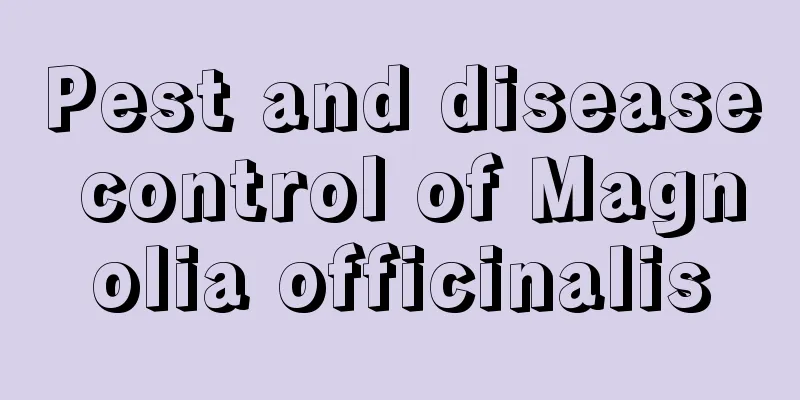Common diseases and pests of Fuchsia and their control

Common diseases of Fuchsia and their prevention and treatmentBotrytis cinereaGray mold mainly occurs on stems, leaves and flowers. Brown spots will appear on the edges of leaves infected with gray mold, and gray mold will appear on the diseased leaves when they become moistened by water. Stems and flower buds infected with gray mold develop purple-brown lesions, leading to rot of the flowers and stems. The prevention and control methods are: 1. Strengthen cultivation management, cultivate reasonably, and pay attention to ventilation. 2. When planting in pots, make sure the potting soil is non-toxic or sterilized soil. 3. Completely remove diseased plants and burn them in a centralized location. 4. Treat the soil with a mixture of pentachloronitrobenzene wettable powder and mancozeb wettable powder, or use specific Bordeaux solution, thiophanate wettable powder, etc. for prevention and control. Physiological root rotThis disease is prone to occur in summer. The main cause of the disease is excessive watering and overly moist soil, which causes lack of oxygen, leading to blackening and rot of the roots of the plant. In severe cases, it can lead to the death of the entire plant. The prevention and control methods are: 1. Loosen the soil in time to keep the soil well ventilated and water it appropriately. 2. Move it to a shaded and ventilated environment for maintenance in the summer when physiological root rot is prone to occur. Common Pests of Fuchsia and Their ControlAphids, spider mitesAphids and red spiders will suck the sap from the leaves of fuchsia, causing the leaves to shrink and fall off, and in severe cases, the entire plant may die. The prevention and control method is to use specific malathion solution, cypermethrin and diazinon solution for spraying. WhiteflyWhiteflies suck the sap from the mesophyll, mainly harming the tender leaves of fuchsia, causing the leaves to curl up and dry up. When whitefly infestation is discovered, specific omethoate or cypermethrin solution should be sprayed promptly, about once every seven days, for about three or four times. Fuchsias are easily attacked by diseases and pests, so flower lovers must take good care of them! |
<<: Diseases and Pests of Miniature Coconut Tree and Their Control
>>: Common diseases of Aglaonema and their prevention and treatment
Recommend
Is butterfly plum blossom poisonous?
1. Is it toxic? Butterfly plum is a non-toxic pla...
Is it good to lay pebbles on the surface of flower pots? Is it breathable to put pebbles on the surface of potted plants?
Is it okay to lay pebbles on the surface of the f...
How to Identify Rare Wild Orchids
1. Check the leaves Sometimes, people rub or cut ...
Chaga's medicinal value, price and consumption methods
1. Medicinal value It is a medicinal material wit...
Can black plum seeds be planted?
Can black plum seeds be planted? Black plum seeds...
Breeding methods and precautions of Luanfeng Jade
The cactus is relatively easy to grow and is love...
How to grow cashews
1. Maintenance methods 1. Temperature: As can be ...
How to plant succulent snow lotus seeds
Preparation for sowing fleshy snow lotus When sow...
How to breed Rhododendron waxleaf
1. Planting Planting seeds is one of the ways she...
Cultivation methods and precautions for orchids
1. Soil Orchids need to be grown in sandy soil th...
The breeding methods and precautions of Maohanni
Maohanni is a variety of succulent plant with a v...
How to repot osmanthus
1. Requirements for changing pots: 1. Season: The...
Where is oil sunflower suitable for planting?
Sunflower planting area Generally, sunflowers gro...
How long is the growth cycle of lacquer tree?
Rhus sumac growth introduction Lacquer trees are ...
Does the lotus prefer shade or sun?
Does the lotus prefer shade or sun? Bowl lotus is...









